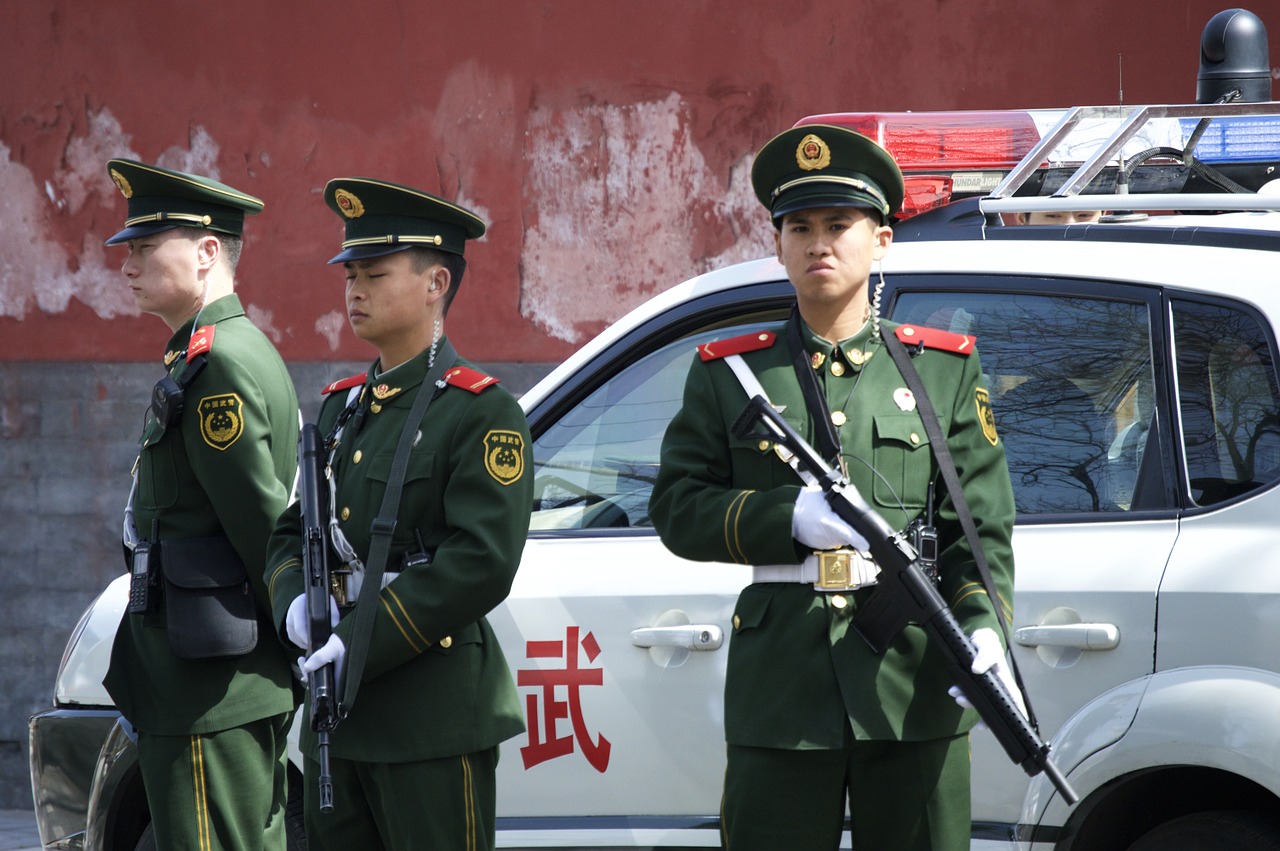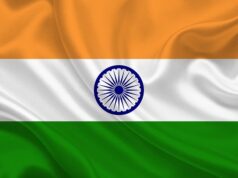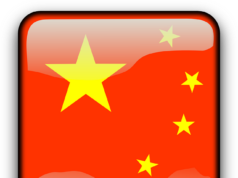
The „New Silk Road“ is the core of Chinese foreign policy. For three days, 37 heads of state and government are discussing the trade network between Asia, Africa and Europe in Beijing. Many are skeptical.
The flags always hang when it becomes important for China. On the way from the Beijing airport to the city center you can see them blowing every few meters in the wind. They are flags of the countries that visit the Silk Road Summit. There are also other flags with slogans for the „New Silk Road“. These include, for example, „Shared contribution, shared benefits“ or „Silk Road cooperation for a bright, shared future“. Today the conference started. It lasts three days.
The New Silk Road Initiative is a successful core of Chinese foreign policy, said Chinese Foreign Minister Wang Yi. „In fact, the Silk Road projects and collaborations of the past six years have yielded fruitful results.“ Some countries had built their first overseas bridge or the first expressway. „Others have created a port as part of the New Silk Road initiative – and thus access to the ocean – or, for the first time, built their own industrial infrastructure.“
Always the same promise
China wants to create a new trade network between Asia, Africa and Europe. The country is financing the construction of new ports, railways, roads and industrial parks in the regions. The promise to the countries is always the same: investment and economic development.
Critics warn against globalization of a Chinese character. So far, especially Chinese companies benefit. Up to 90 percent of all Silk Road projects go to domestic companies.
Experts warn against debt trap
China is also using its loans to lure smaller countries into the debt trap, warns Jörg Wuttke, former president of the EU Chamber of Commerce in China. As an example could serve a highway in Montenegro. It is built by Chinese companies, financed by Chinese loans. $ 20 million should cost the kilometer.
„And that’s 40 percent of the gross national product in the state of Montenegro,“ says Wuttke. Montenegro will never be able to repay that. The question is, „what will the Chinese do with the debtor Montenegro?“.
Great concerns in Europe
Many states therefore remain skeptical. Germany, France and Great Britain have not yet signed a declaration on the „New Silk Road“. Too great are the concerns that transparency, fair tendering and binding trade rules fall by the wayside.
Within the EU, there are no unified strategy on how to deal with the „New Silk Road“. Italy had joined the end of March as the first G7 country to the mega-project – and was criticized for sometimes violently from other EU partners.
Excessive criticism of Italians
That was a bit exaggerated, says Wuttke. „The Italians were probably getting more thrust than was necessary, because they’ve actually put together a very good piece of paper in which all the European values are included: environmental protection, occupational safety and so on.“ The question remains, however, why a Member State must move out of line, although the EU Commission would speak for all.
A total of 37 heads of state and government have come to Beijing for the Silk Road Conference. In addition, many ministers and representatives of other states. For Germany Minister of Economic Affairs Peter Altmaier participates in the meeting. He had previously stated that it was important to the federal government that international standards be adhered to in the projects.
The summit on the New Silk Road is the second of its kind after 2017. The politically important dates will take place tomorrow – as also a speech by China’s party leader Xi Jinping.



